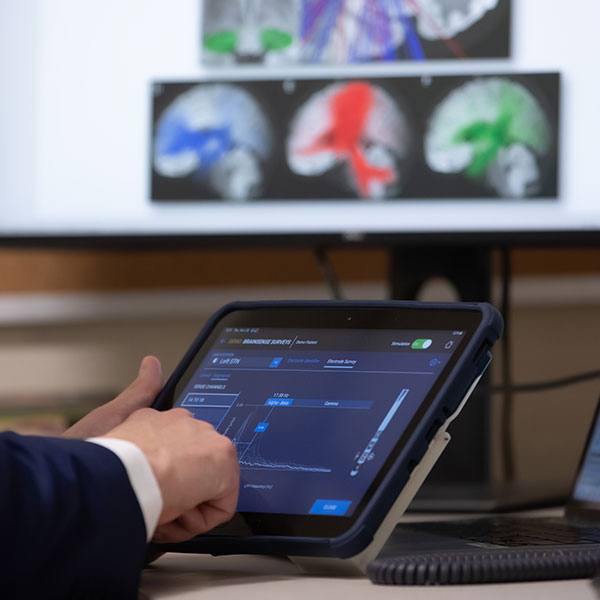-
Spinal Stenosis Could be the Source of Persistent Back Pain
ROCHESTER, Minn. — When back pain is persistent or slowly worsens, spinal stenosis may be the culprit, according to the January issue of Mayo Clinic Health Letter.
Spinal stenosis is a narrowing in one or more areas of the spine. Different types of problems can reduce the space within the spinal canal. Most are age related. One cause is osteoarthritis, which results in wearing away of the cartilage that cushions the ends of the bones in the joints. In the spine, osteoarthritis may narrow the space between the vertebrae. Bony growths or disk bulges may form. Bone surfaces may rub together, resulting in pain and inflammation.
Disk degeneration is another common cause of spinal stenosis. With age, the cushions between the vertebrae flatten and bulge. Eventually, the outer coverings of the disk may tear, allowing the jellylike substance in the disk's center to protrude and press on the spinal cord and nerve roots. The result can be pain that starts in the buttock area and radiates down the leg.
The range of treatment options include:
Medications: Acetaminophen (Tylenol, others) or nonsteroidal anti-inflammatory drugs, such as ibuprofen (Advil, Motrin, others) or naproxen (Aleve, others) can help. Some studies have shown that certain antidepressants may reduce pain associated with spinal stenosis, too. For severe pain, doctors may prescribe medication containing narcotics for a short time.
Exercise and physical therapy: Good options are exercises that strengthen the abdominal and back muscles, build strength and endurance, and maintain flexibility and stability of the spine.
Steroid injections: This involves injecting cortisone into the space around the spinal cord to help decrease inflammation and swelling.
Alternative therapies: Acupuncture and chiropractic manipulation may ease pain related to spinal stenosis.
Weight loss: Maintaining a healthy weight can reduce the stress on arthritic joints and reduce pain.
Surgery is an option when conservative measures fail to help or when patients experience complications such as severe weakness or loss of bladder or bowel control.
Mayo Clinic Health Letter is an eight-page monthly newsletter of reliable, accurate and practical information on today's health and medical news. To subscribe, please call 800-333-9037 (toll-free), extension 9771, or visit Mayo Clinic Health Letter Online.
Media Contact: Ginger Plumbo, 507-284-5005 (days), newsbureau@mayo.edu
Related Articles







